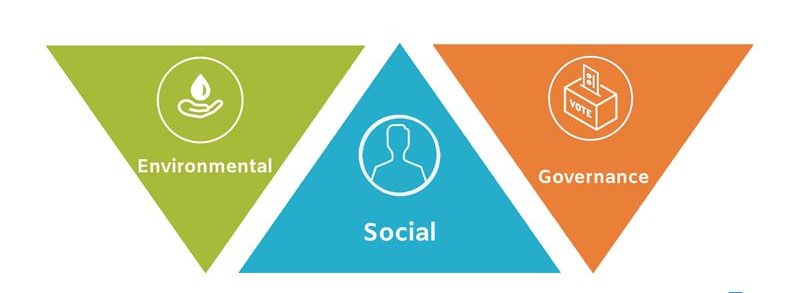Sustainable Investing, a Timely Topic

Earth Day, celebrated this week, marks a chance to learn about the environmental challenges we face, and reflect on the ways we can become more involved and make personal choices to elicit positive environmental and social changes. Increasingly, more investors are adopting a sustainable investing approach in order to align their investment portfolio with companies seeking to make a positive impact.
Responsible investing, or sustainable investing, is the purposeful inclusion of environmental, social, and governance (ESG) risks and opportunities in investment analysis. This investment approach allows for increased:
- Awareness of what’s in a portfolio, through the process of ESG investing;
- Alignment with what matters to the investor, through the use of screens and ESG integration; and
- Accountability on the part of the asset manager to act as a steward of the investor’s assets, through active engagement with the investee company.
ESG investing intentionally assesses the implications of environmental risks and opportunities on each company in a portfolio. Many asset managers explicitly seek to integrate ESG factors into the investment process to understand and lower investment risk. For example, an asset manager may have a research process that systematically requires the evaluation of company data on issues such as emissions, energy management, waste management, customer welfare, labor relations, materials sourcing, and supply chain management. If an asset manager is considering adding a company to its portfolio—for example, a food manufacturing company—asset managers can use this data to create a scorecard and identify the food manufacturing companies that score best on these issues.
Asset managers can then utilize this increased awareness from ESG investing to decide whether to avoid, reduce, or increase exposure to an investee company. This process helps an investor align with an improvement story - companies that are intentionally striving to improve their environmental impact. As another example, to limit carbon exposure in a portfolio an asset manager may avoid all carbon extracting companies (i.e., oil or coal). Or, using the scorecard approach above, the asset manager may include only those companies that have the best environmental scores, which is known as a best-in-class approach.
Asset managers can also act as stewards by engaging with an investee company to help address environmental relative risks. Through engagement dynamics of building relationships, enhancing knowledge, and exchanging information, this stewardship role helps hold companies accountable to improve their environmental impact. Returning to the scorecard example above, the asset manager identifies a food manufacturer that scores poorly on its supply chain management relative to its competitors due to its relatively high emissions and poor resources utilization. The asset manager could then engage with the company and work to get commitments from company management to reduce its emissions and seek more sustainable resource utilization in its supply chain.
Not only does sustainable investing help fortify returns over time with its unique focus on risk management, it can also serve to align an investor with companies seeking to improve their ESG impacts. If I can facilitate further conversation on this facet of investing, please feel free to reach out. Thank you!

